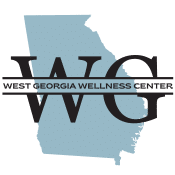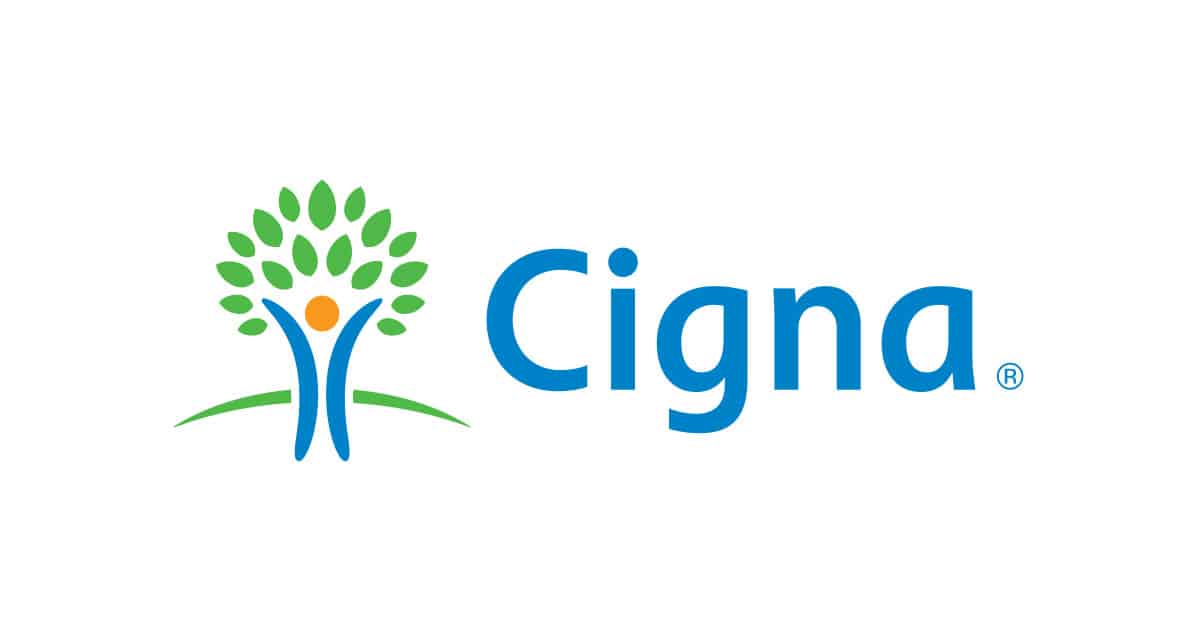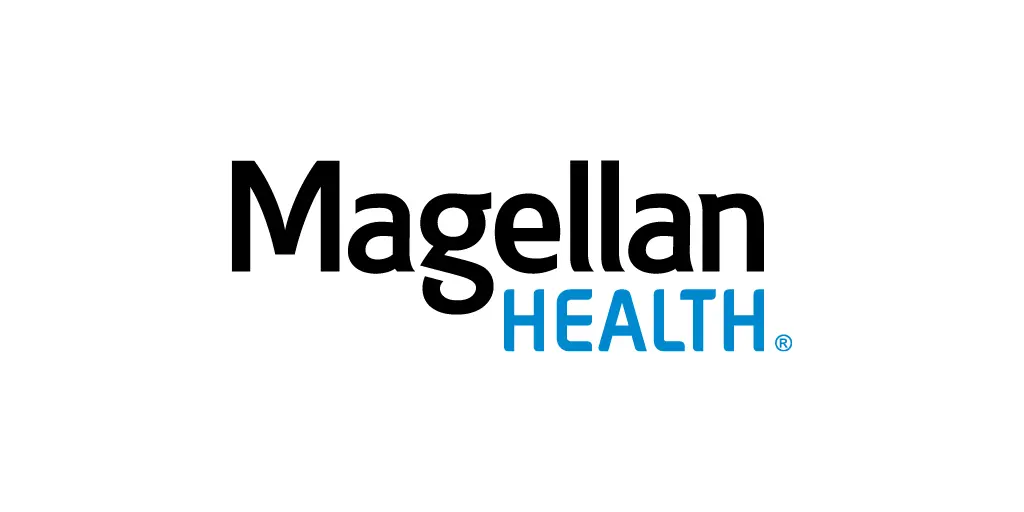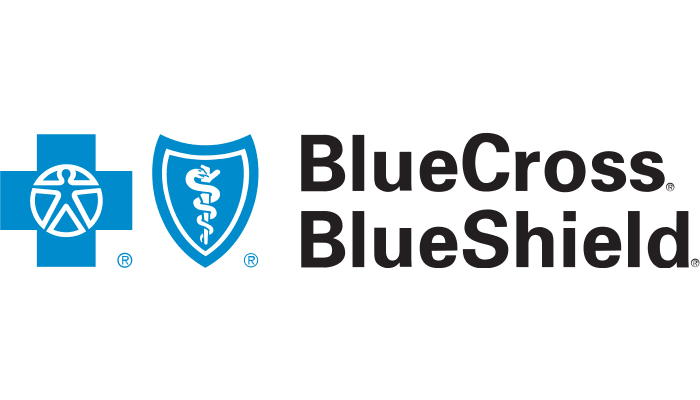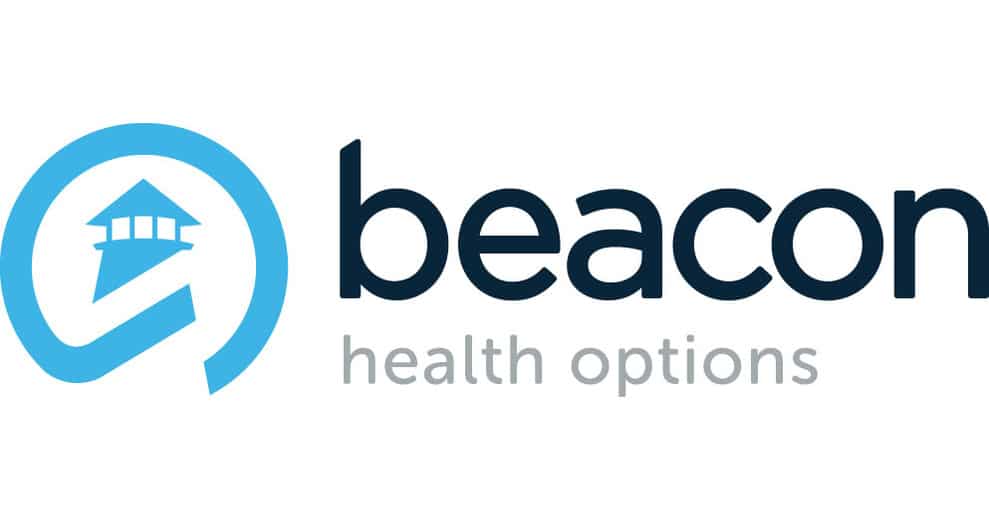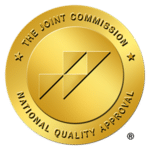Table of Contents
Mental health challenges don’t solely impact the individual facing them, but also ripple through their family, affecting relationships in a way that often leaves members feeling disconnected from one another. At West Georgia Wellness Center, we tackle a broad spectrum of mental health issues employing a variety of methodologies. One of our key approaches is offering family therapy in Atlanta, Georgia, aiming to foster better communication among family members. This not only facilitates the healing process for the individual dealing with mental health issues but also guides their loved ones on how to actively contribute to this healing journey.
Family therapy in Atlanta has proven to be a robust mechanism in aiding the support system of a loved one undergoing addiction treatment. It doesn’t just create a conducive and supportive environment for the recovering addict but also bolsters family ties by addressing and resolving issues within the family that might have been exacerbated by the addiction.
The adverse repercussions of addiction aren’t just confined to the addict but extend to their family, affecting parents, spouses, children, friends, and other extended family members profoundly. Hence, family therapy becomes indispensable for ensuring a sustainable and lifelong recovery.
What is Family Therapy?
Family therapy sessions, steered by a professional therapist, aim to foster healthier connections among individuals both independently and as a familial unit. Anyone undergoing treatment with us can participate in family therapy sessions in Atlanta, GA. The term ‘family’ encompasses parents, siblings, children, and other family members, along with close friends. The individual has the liberty to choose which family members they wish to involve in the sessions.
The overarching objective of family therapy is to enlighten family members about the intricacies of their loved one’s mental health disorder. This includes gaining insights into its roots, manifestations, and manageable symptoms. Such understanding alleviates misunderstandings and frustrations within the family and empowers the person in treatment to receive more efficacious support. The frequency of sessions might vary based on the needs of the individual and the guidelines of the mental health facility.
Types of Family Therapy
Family therapy comes in different forms, each tailored to address specific challenges and foster positive outcomes. Here are a few types you might encounter:
Family Systems Therapy:
This approach focuses on leveraging the strengths within relationships to overcome mental health challenges.
Functional Family Therapy
Geared towards young individuals dealing with issues like risky behavior, violence, or substance use, this short-term solution aims to find resolutions while fostering trust and respect within the family.
Narrative Family Therapy
Encouraging each family member to share their personal story, this type helps in understanding how these experiences shape identities and relationships, promoting an objective view of problems beyond individual perspectives.
Psychoeducation
Centered on enhancing family members’ understanding of mental health conditions, this type empowers families with knowledge about medications, treatment options, and self-help approaches, enabling them to function as a united support system.
Supportive Family Therapy
Creating a safe space for open communication within the family, this type allows members to share feelings and receive support openly.
Therapists may specialize in a specific type of family therapy, while others may adopt an eclectic, multimodal approach. This approach combines elements from various therapeutic methods to meet the unique needs of each family.
Techniques used in Family Therapy
Family therapy employs various techniques tailored to the therapist’s theoretical orientation and the unique needs of each family. The following methods may be applied:
Behavioral Techniques: These techniques concentrate on imparting skills and psychoeducation to address specific family issues. For instance, employing modeling and role-playing aids family members in resolving communication challenges.
Psychodynamic Techniques: These methods involve evaluating how each family member interprets and responds to their challenges. Collaborating with the family, the therapist fosters new emotional insights and explores more effective ways of responding.
Structural Techniques: Focused on addressing boundaries and power dynamics within the family, these techniques assist family members in creating new boundaries and establishing routines to enhance overall family functioning.
The overarching goal of family therapy techniques is to enhance emotional awareness, facilitate adaptation to significant family changes, promote acceptance of uncontrollable aspects, and improve communication and collaboration among family members.
Available Family Programs in Mental Health Treatment
The family program in Atlanta, GA, kickstarts with individual counseling, followed by family therapy and group discussions. Everyone involved in the treatment protocol has a personalized goal-setting agenda. It’s pivotal for the support team to grasp the nuances of mental health disorders and the influence of stigma on their thought processes and behaviors. A multitude of programs impart crucial communication and relationship skills that might have been lacking in the family fabric for generations.
When selecting a treatment center, ensure their family program accommodates various schedules, providing both day and evening slots for group sessions. Gaining a deep understanding of mental health conditions like Post Traumatic Stress Disorder (PTSD) that arise from traumatic experiences, and how these conditions can be affected by the behaviors of family and friends, is key to averting future complications. Embracing healthy thinking, behaviors, and actions while exemplifying newly acquired relationship skills forms the cornerstone of a robust support system.
Why is Family Support Necessary?
The Substance Abuse and Mental Health Services Administration (SAMHSA) underscores numerous vital factors that elucidate the significance of family support during mental health treatment. Engaging wholeheartedly in our program not only leads to optimal outcomes and successful treatment but also unveils personal benefits for families. It serves as a pathway for many to uncover generational beliefs, address lingering issues, and unveil unspoken truths within their families, profoundly impacting everyone involved. Participation in our family program in Atlanta, GA, also aids in recognizing familial and environmental triggers that influence their loved ones.
While the benefits of our family program are numerous, a significant number of families are still unaware of the genetic aspects of mental health. Family histories often hold unaddressed mental health challenges, with discussions around mental health traditionally frowned upon. Unfortunately, mental health issues were mistakenly viewed as a weakness, contributing to stigmas that fostered detrimental coping mechanisms and fear, perpetuated by uninformed family members.
Our family program mirrors the dedication of individuals in treatment and highlights the unwavering commitment of family and friends to support their efforts. Engaging in counseling, expressing emotions, sharing feelings with loved ones, and learning supportive tactics proves to be invaluable and transformative for participants. Improved communication and coping mechanisms are integral daily tools that enhance relationships at home, work, and within the broader community. Often, family members unearth their own latent cases of depression, anxiety, or post-traumatic stress, which had gone unnoticed.
How Can Family Therapy Help Mental Health?
The weight of a mental health disorder can isolate individuals, hindering help-seeking. Simultaneously, it leaves family members puzzled, fostering misguided assumptions about their loved ones. Family therapy reveals the facts, enabling a comprehensive understanding of mental health challenges.
Every member gets the chance to express emotions, share experiences, and clarify interpretations, fostering a sense of being heard and validated for more meaningful dialogues.
Collectively, the family collaborates to identify issues requiring attention, involving tough conversations, ending unjust blaming, and reconciling with the past. Each member recognizes their right to express themselves, appreciating the value of their input. They realize this dynamic applies to every family member.
How Does Family Therapy in Atlanta Work for Addiction?
Family therapy approaches addiction treatment holistically, addressing its effects on the entire family in a supportive and uplifting environment. Addiction usually seeds discord within the family, triggering a spectrum of negative emotions. Addressing the collateral damage on the entire family is often imperative for enduring recovery. Family therapy, typically a component of a broader addiction treatment regimen, paves the way for discussions on a variety of topics, including:
- Behavioral problems birthed by negative interactions
- Symptoms of depression, anxiety, or other mental health concerns
- Unemployment issues or school dropouts
- How adverse interactions, deficient communication, and negative behaviors fuel both addiction and family dysfunction
- New and constructive ways to communicate and interact
- How rejuvenating a healthy family framework can lay down a strong support structure for everyone
Tackling these topics, albeit initially challenging, gradually nurtures healthier relationships for the entire family including parents, children, spouses, and other relatives. The ultimate goal of family therapy and support is to engineer a supportive milieu for the addict, enhancing the likelihood of success in their recovery journey and forming stronger family bonds. While some recovering individuals may find it beneficial to stay within their family unit during treatment, others might thrive by temporarily residing at the treatment facility for residential substance abuse treatment.
Benefits of Family Therapy in Atlanta
Family therapy and support accentuate the positive elements of the family dynamic, aiding individuals in overcoming addiction. A solid familial bond creates a built-in support group for all members, especially the one grappling with addiction. Additionally, it helps identify and address any adverse situations or behaviors that might hinder addiction recovery.
A significant advantage of family therapy in Atlanta lies in its educational realm. It dispels false assumptions and curtails blame games. For instance, some family members might not grasp the extent of damage wrought by depression and erroneously believe the individual can simply choose to be happier. Therapists elucidate the manifestation of mental illness and delineate what the affected individual can and cannot control.
Family therapy cultivates a sense of unity, educating members on effective communication, honesty, and establishing healthy boundaries. They learn about the roles each one plays and how they can aid their loved one in navigating towards better mental health.
The unflinching support from loved ones in concert with professional treatment significantly amplifies the chances of achieving and maintaining sobriety. Our Family therapy programs in Atlanta, GA, provide an indispensable blueprint for not just surviving, but thriving amidst the challenge of mental health disorders.
Begin Your Family Therapy in Atlanta, GA
Our family program is an integral component of the comprehensive mental health treatment at West Georgia Wellness Center. We are committed to meeting the needs of families and individuals from all walks of life, equipping them with the resources and tools necessary to combat mental health challenges, forging stronger relationships and healthier communities.
Our endeavor is to reduce the prevalence of untreated mental health disorders within families and communities, bolstering the overall societal fabric. The family therapy program at West Georgia Wellness Center is tailored to assist individuals and their families in overcoming the hurdles that mental health issues present, forging a path to a balanced, fulfilling, and healthier life.
Engage with our adept mental health professionals to avail of a comprehensive analysis and a tailored treatment program. Contact us today to schedule a consultation and discover how family therapy in Atlanta, Georgia can transform lives and engender lasting bonds, enshrining hope for a brighter future.
